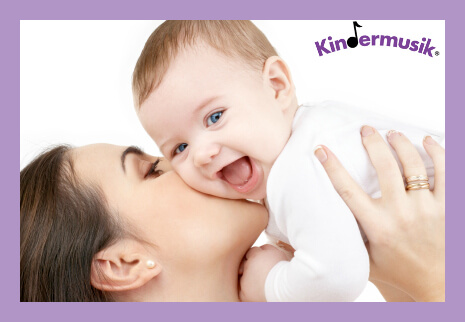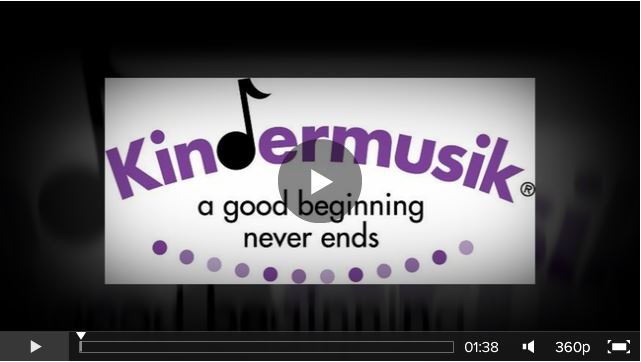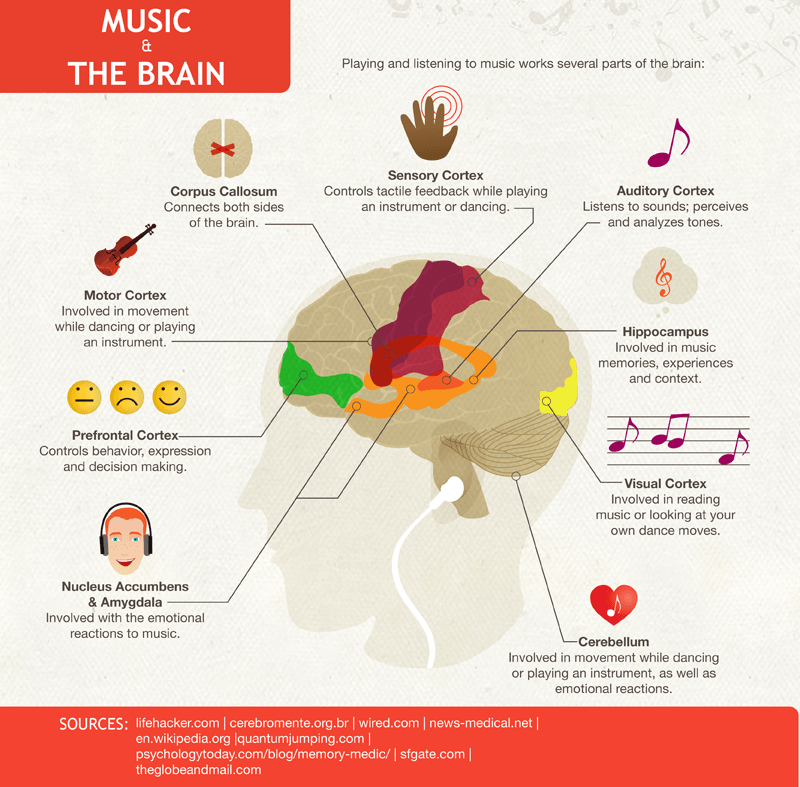
It’s hard not to goo and coo and tickle and cuddle and play peek-a-boo with a cute little baby. But science is now discovering just exactly how important those goos, coos, tickles, cuddles, and peek-a-boos are, demonstrating that while Nature has a hand in how the brain is pre-wired, the brain depends very heavily on environmental input, or nurture – those tickles, cuddles, and peek-a-boos we keep talking about – in order to wire itself further. (Read more here.) How intricately the brain gets wired has long-term impact on all seven areas of intelligence, how well a child does in school, and how they function socially and emotionally.
So how can a parent be intentional about the play and loving connections that are so crucial in the early years? Here are some simple suggestions:
- Make time for play. It’s easy to get caught up in the busyness of daily life. So maybe your playtime with your child is just before leaving for work or just after supper before bath time. Whatever time is best for you, make it a non-negotiable part of your day.
- Get down on the floor with your child. You can’t help but be a lot more engaged when you’re at their level. The play and interaction will come more and more naturally as you spend more and more time in play with your child.
- Be silly! No one else is watching, so go ahead, and just take delight in what delights your child. YouTube is full of silly parent-child videos that have gone viral. You know the ones where the parent does something silly and unexpected only to be rewarded with the best belly laugh ever.
- Talk to your child. Tell her about your day. Describe what you’re doing, even if it’s a mundane activity. Or just try some nonsense baby talk. Even if they can’t talk back, they’ll still be enthralled with hearing your voice. And if you take a few conversational pauses, you might even get some goos and coos in response.
- Dance with your child. Your music or theirs. It doesn’t really matter. What does matter is the eye contact, the full attention, the love, and the joy of moving together.
- Cuddle and sing lullabies. There’s nothing that invites more loving connections than cuddling and singing to your child. And don’t worry… to your child, your voice is the most beautiful sound in the whole wide world.







